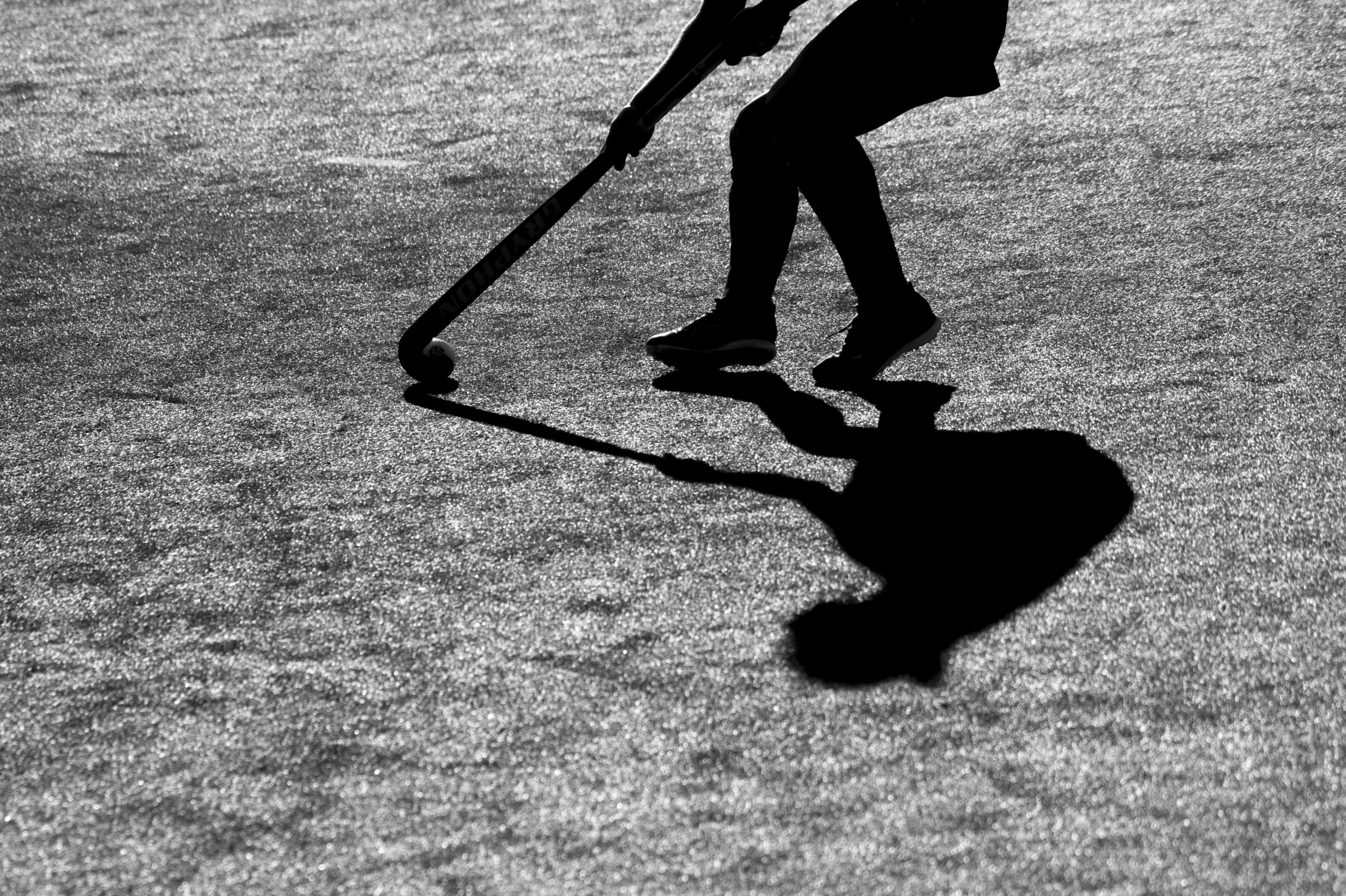Perfectionism and shame: two ways of thinking, leading to judgement and punishment – a ‘mental team’ which colludes to distort, and then hide, the humanity in each of us.
Perfectionism picks its target, and re-picks another target if we succeed. Looking the right size, the right shape, conforming to extreme standards of beauty, behaving well, politely, disciplined, ‘groomed’ and schooled by whoever we choose to define us and performing to exacting standards. Messages encouraging us to aspire to perfection bombard us everyday: retouched photos and celebrities after plastic surgery; only ‘apparently relaxed’ cultural norms of behaviour and polite society; ever increasing ‘hoops’ before getting a home, job or qualifying in any profession.
This is not to ‘dis’ respect or disallow the value of regular rhythmic activities to support our wellbeing and skills, and aspirations we choose and focus on according to our self. Rather the driven mentality that doesn’t give a break or offer respite when appropriate, and which imposes aspirations rather than nurturing them.
Missing too, is the understanding that the process of attempt and then review, whether judged a ‘fail’ or not, in any activity, is rich with learning and information.
Then behind the scenes is Shame, the introverted twin, picks up the targets Perfection moves away from: with our private recognition of bulges and hollows, disproportionate features, aspects of ourself we find unattractive, secret outbursts, lapses, chaos, hiding and secreting all we feel cannot meet these gruelling standards.
To the point that who we are, or who we would be if we emerged as flowers in the sunshine following our passion, is actually hiding deep in the shadows of our being.
And we begin to treat the natural life in all with the same pressure for perfection, then contempt when there is a falling short.
Instead of allowing our critical faculties to look out and criticise the incoming messages before we take them in, we criticise ourselves.
Instead of seeing natural beauty, appreciating the honesty and integrity in emotion and valuing life’s efforts and actions motivated by naturally arising impulses.
Shame is where we ‘judge’ any aspect of ourselves, on the basis of internalised ‘testing’, and not on the basis of this aspect’s reception in safety beyond ourselves. And failed tests, whether internal or external, are rich with experience and nuanced emotion and understanding deeper than trivial success.
So this is a dangerous tautology – much, if not all, of what we are ashamed of holds our greatest value – and value is often only appreciated in an act of exchange or communication – this is our true failure. Not appreciating our nature and not allowing an engagement with any or all of the rest of life.
And all of life, starved of our nature, the one each living being chose to be on the planet with, withers a little without this shared presence and simple ownership of what is, however judgementally perceived.
I recently heard tell of an Irish garden centre run by a project for young people with learning difficulties – a cohort less susceptible to perfection and shame – untroubled by ideas of perfection, and more in contact with their own natures – who come to the project to grow a wide range of plants. These plants, cared for in simple appreciation and without complication, were markedly healthier and more long lived than plants bought from a range of other garden centres.
Revealing and restoring the nature of humanity. Our simple and pure capacity to relate and to nurture. And our place in the whole ecosystem of life.

Top Image © Augustas Cetkauskas | Dreamstime.com Above Image © Weerapat Kiatdumrong | Dreamstime.com


Recent Comments